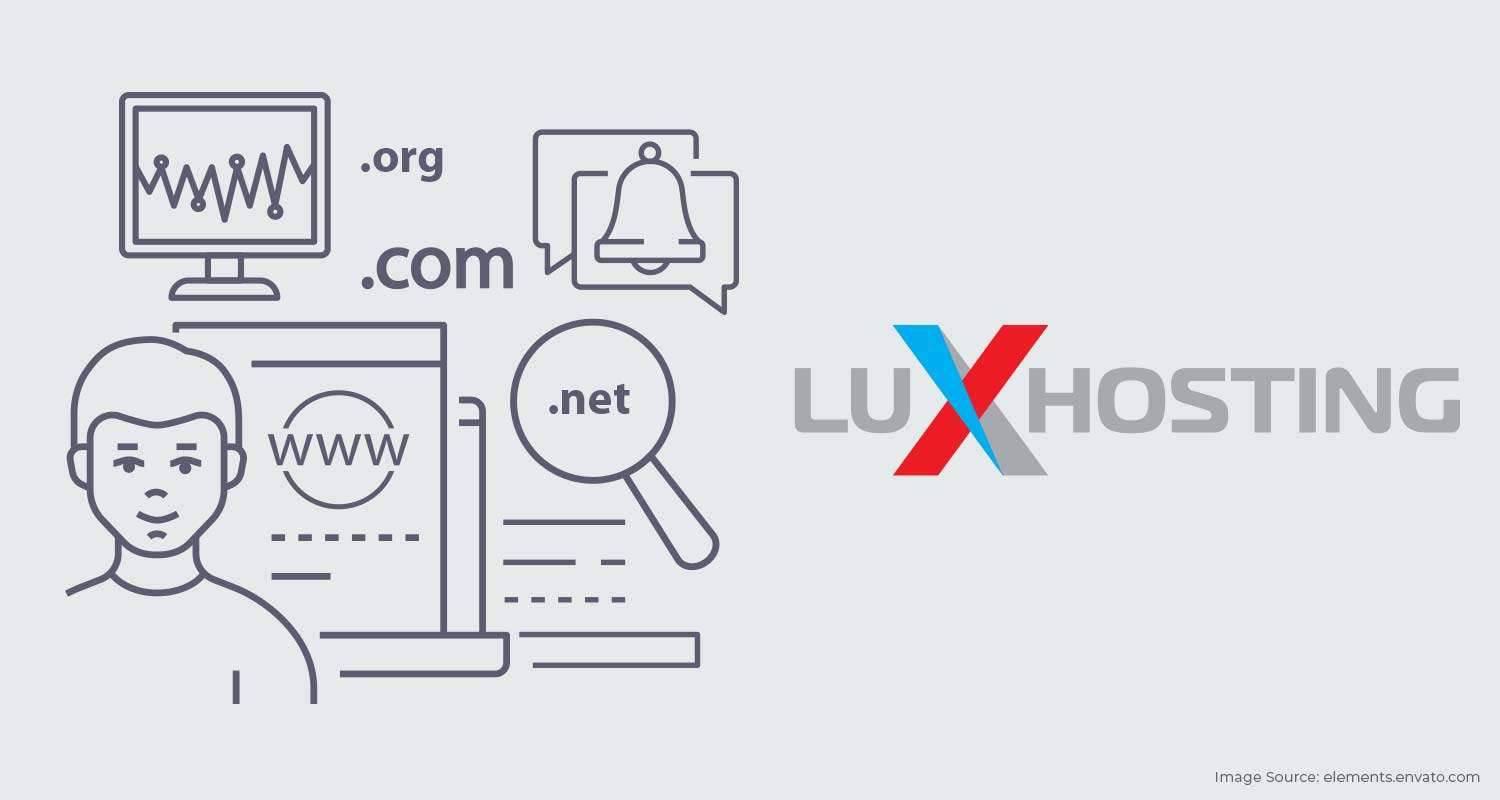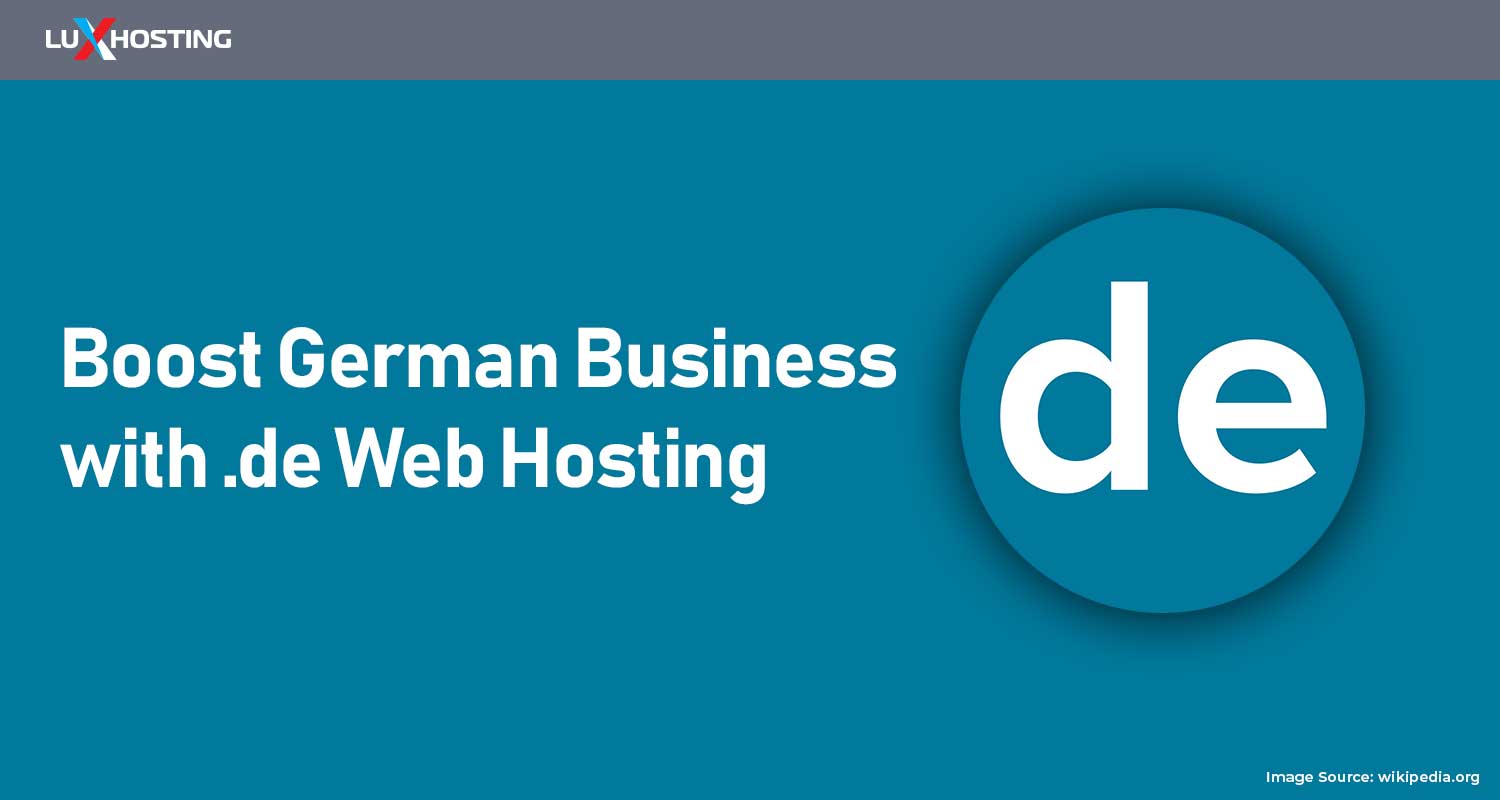If you’re about to create a website or planning on exporting or rebranding an older one, having the right domain should be at the top of your list. This blog is for you if you have no idea how much thought goes into creating a memorable, short, and SEO-friendly domain. We’ll help you with understanding how to choose a domain name. So, let’s check out these important factors, but first, what an IP address is and what does that have to do with having a domain name.
What is an Internet Protocol (IP) address?
Let’s be honest, using the internet to access information, make purchases and simply doing regular business sometimes feel like magic. Click this, type that and poof a website appears. Pretty simple, right? Yes and no. The catchy and easy domain name we type is part of a grand technological process that most of us don’t understand nor care to. The truth is that our computers have a secret language. Do worry about it, there’s no need for the regular Jane and Joe like us to understand. That's why websites need a domain name. Since computers communicate with long sequences of numbers called an Internet Protocol, IP address (their secret language), a shorthand go-between allows us to join in the communication and so those numbers are converted into words we understand. IP addresses are used to distinguish any number of internet-connected computers from one another. It's the same as dialing someone’s number on the phone. Everyone on the planet has a unique phone number, and you must dial that number exactly to reach them. But you don’t need to remember each person’s number, simply store it as their names and when you need to speak with them simply look for their name and hit dial.
What does domain mean?
Naturally, one of the first questions that’ll pop into your head, especially if you’re a first-time website owner is ‘what does domain mean and what does it do? Luckily we’ve got you. Domain names work in the same way as phone numbers do. You type a domain name into your browser rather than a long string of numbers (the IP address). That domain name is more human-friendly than an IP address and is much easier to remember. A unique IP address is assigned to each domain name. So each time you type in www.luxhosting.lu that’s a shorthand language for complicated IT language. So what is a domain name? Simply put, a domain name is your identity on the Internet. Similar to your given name at birth, your domain name allows you to set yourself apart from other brands and websites. When someone needs to find you on the Internet, all they have to do is type this name into their search engine to find you. There’s your answer to ‘what is a domain name?’ learn more about IP addresses here.
What happens when you register a domain name?
A DNS provider is used to register a domain name (Domain Name System). The Domain Name System (DNS) is a database that connects domain names to IP addresses. Your browser will connect to the DNS when you type a domain name into the address bar. The DNS connects the domain name to the IP address by looking up all of the IP addresses that have been registered. You should put some effort into choosing the right name for your domain. So, How to choose a domain name?
How to choose a domain name
1. The simpler, the better
A name that’s easy to spell, pronounce and remember is an asset in the domain name game. Consider naming your domain after the initials of your brand (if it has more than one word). If you keep your domain brief and easy to remember, your website visitors will be more likely to share it with others.
2. Avoid using elements such as numbers and hyphens
So you wonder why we would recommend you steer clear of numbers and hyphens. Well, look at it this way, as we stressed in our first point, simplicity gets the job done. People will easily forget where to put the hyphen and it may also come off as being unprofessional or even amateur. Similarly, it’s advised that you not use alternate spellings for words. It’s easy to confuse your potential site visitors if you decide to get creative with the spelling of words or combining the word(s) with special characters and numbers. In other words, don’t make finding your website too much work, it will discourage your site visitors and who knows, you may end up directing them to your competitor’s site.
3. Be short and to the point
The length of your domain name is significant because it’s easier to remember when it is shorter. This does not imply, however, that you must use a short domain name. You should concentrate on being succinct and specific. The aim is to find that sweet spot that will help your domain name to speak to your target market. You can choose a domain name extension that highlights your location, such as CA-Canada, EU- Europe, LU- Luxembourg etc. A great example is luxhosting.lu.
4. What to do if your preferred domain name is already taken
No one has a monopoly on ideas, so something you think is fresh and new may already exist. As such, the domain name you want may already be taken. Should this happen, it’s best to have a few variations of your domain name. Do some brainstorming before your initial domain name search; it may save you a little bit of frustration especially if you discover that your desired domain name is unavailable. If that’s the case, simply use a synonym or another comparable term that still represents your brand. A thesaurus will come in handy. You may even find that you end up with an even better domain name than the one you were initially thinking of. When you register your domain name with us, our user-friendly tool will help you to come up with the perfect domain name. We’ll discuss this option further down in our post.
5. Choose an unforgettable name
What is a domain name if it isn’t symbolic and intuitive? Choosing an unforgettable domain name will make a world of difference for your business and your website traffic. The more symbolic the domain name, the better it will be for you. But, how can you tell whether or not your domain name is unforgettable? For starters, the uniqueness of your domain name will allow your site visitors to remember and spell your domain name correctly. In addition to this, a unique domain name will surely establish you in the market, as being trustworthy as this domain name also supports what your products and services are all about.
6. Select the best domain extension
Now, a domain extension is the last part of your domain name. The most popular domain extension is .com, but because it’s the most popular, you may find it difficult to match that extension with your domain name of choice. Domain name extensions are also referred to as top-level domains of TLD’s. In addition to the very popular .com domain name extension a few other popular extensions include .org and .net. Just a few years ago other domain name extensions entered the scene adding to the pool of unique top-level domains available for you to choose from.
7. Alternate domain extensions
Following up on domain name extensions are other types of domain name extensions that exist. There is a lot to choose from. Some are sponsored extensions, while others are generic-restricted, and still others, like luxhosting, are based on a country code. A sponsored domain extension is restricted to certain organizations and groups. A typical example for this type of top-level domain includes .aero, .gov and .edu. If you're registering a domain extension of this kind you must first satisfy certain requirements. As such, these extensions are not open to the general public. The primary distinction between a generic-restricted domain extension and a generic TLD is that a generic-restricted domain extension is only designed for one type of website. Examples of this domain extension include .name and .pro and when applying for this extension you’ll be required to provide a little more information about your website including what it will be used for.
Registering your domain
We live in a fast-paced digital world, where everything happens at the speed of light. Despite this, the number of domain name registrars is steadily expanding. A domain name registrar, as the name implies, is responsible for the registration of domain names. So after you’ve chosen your desired domain name and decided on the right domain extension, the next step is to register your domain name. An important point to note is that you’re encouraged not to purchase or register your domain name from an unknown registrar. This is because, though unlikely, this registrar may at some point go out of business. What happens to your domain name in such a case? If you do not trust the credibility of a domain registrar or you realize that they haven’t been around for too long, then stay away. Instead, use a domain registrar that offers round the clock support and is a reputable company such as LuxHoting.
Purchase your domain name for more than a year
When following the easy steps outlined for purchasing your domain name, it’s best to register your domain for more than one year. This is an excellent decision. By doing this not only do you get your domain at a cheaper rate but also have less hassle when renewing your domain name. You also benefit from higher search rankings from Google searches.
Don’t buy pre-owned domain names
Do not purchase domain names that are on auction. A pre-owned domain name could cost you hundreds if not thousands of dollars. They’re extremely expensive to own and can sell for as much as $16 million or more. Another downside of purchasing these types of domain names is that they are generic. Though they may be your desired domain name and may even say what your business is about (such as webhosting.com for example), they aren’t very memorable and may not connect well with your customers. Instead, take the time to do your research, look at synonyms and check out alternatives that represent your brand and appeal to customers.
Read and understand the terms and conditions
Reading the fine print is the most overlooked factor, as critical as it is. Before finalizing your purchase, make sure that the rates presented to you do not come with more hidden fees and other additional costs you don’t plan for. This is one of the reasons you’re encouraged to always read the terms and conditions provided before completing any online purchase. There are many web hosting companies that offer a free domain name when you sign up for their web hosting services, but there may be a domain name renewal fee after a year, so read thoroughly so that you don’t get caught off guard. Consider your options and take your time to read over the terms and conditions before deciding on the plan that will work best for you in the long run.
Summary
Selecting and registering your domain name will be a breeze if you follow and implement these important factors. In wrapping, remember that the simpler the domain name is, the better. Also, ensure you go over the terms and conditions before deciding on a domain name registration package. If you're ready to buy a domain name, go for the yearly plan; you'll be glad you did. If you take the time and exercise some patience in the initial stages, the perfect domain name is just a few steps away. We hope this information was useful, and don't forget to use LuxHosting for your web hosting needs. After all, we provide the most affordable domain names in Luxembourg, starting at just $5.99 per year. Visit our website today, we provide a wide range of services for you to choose from.



